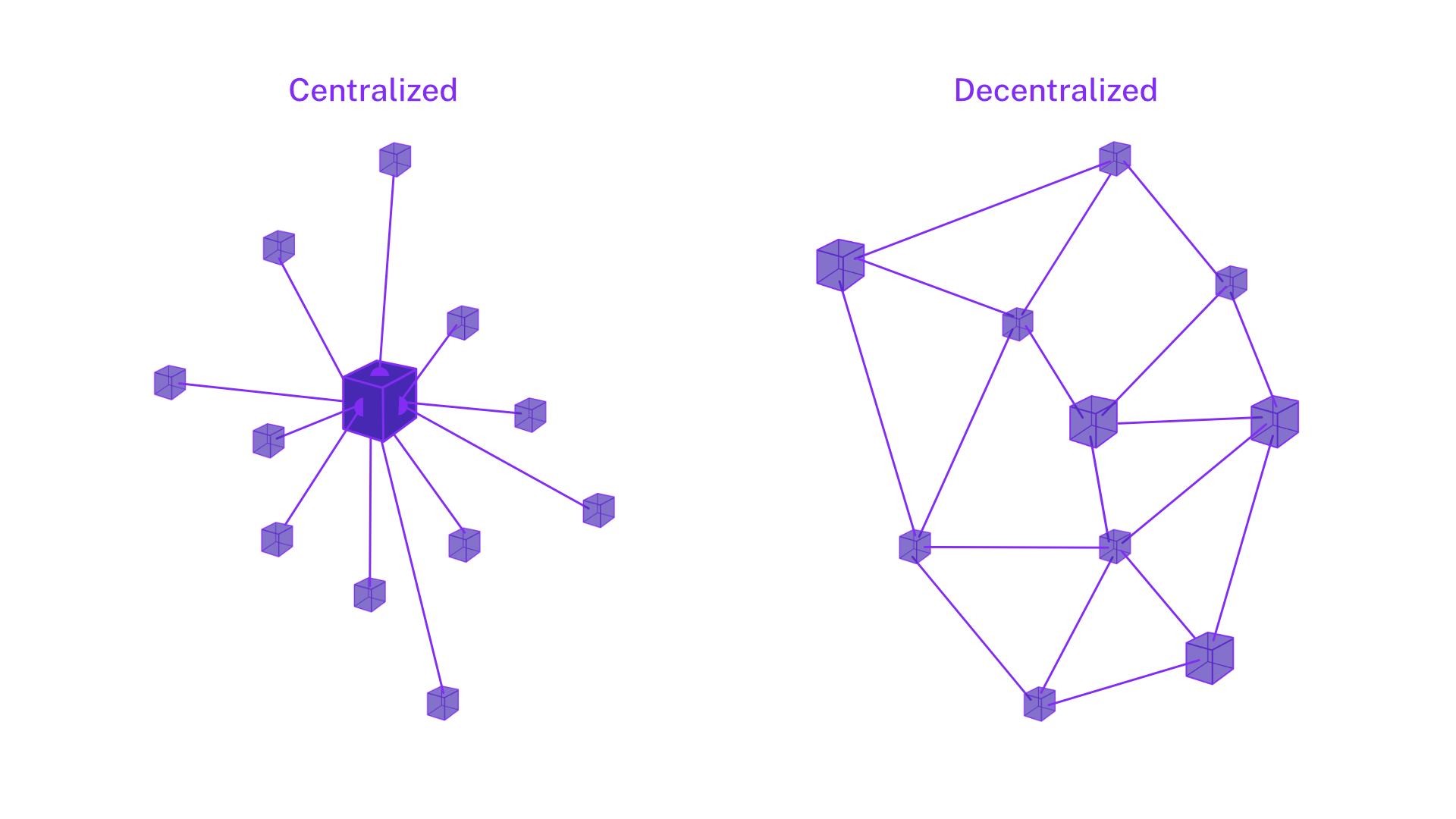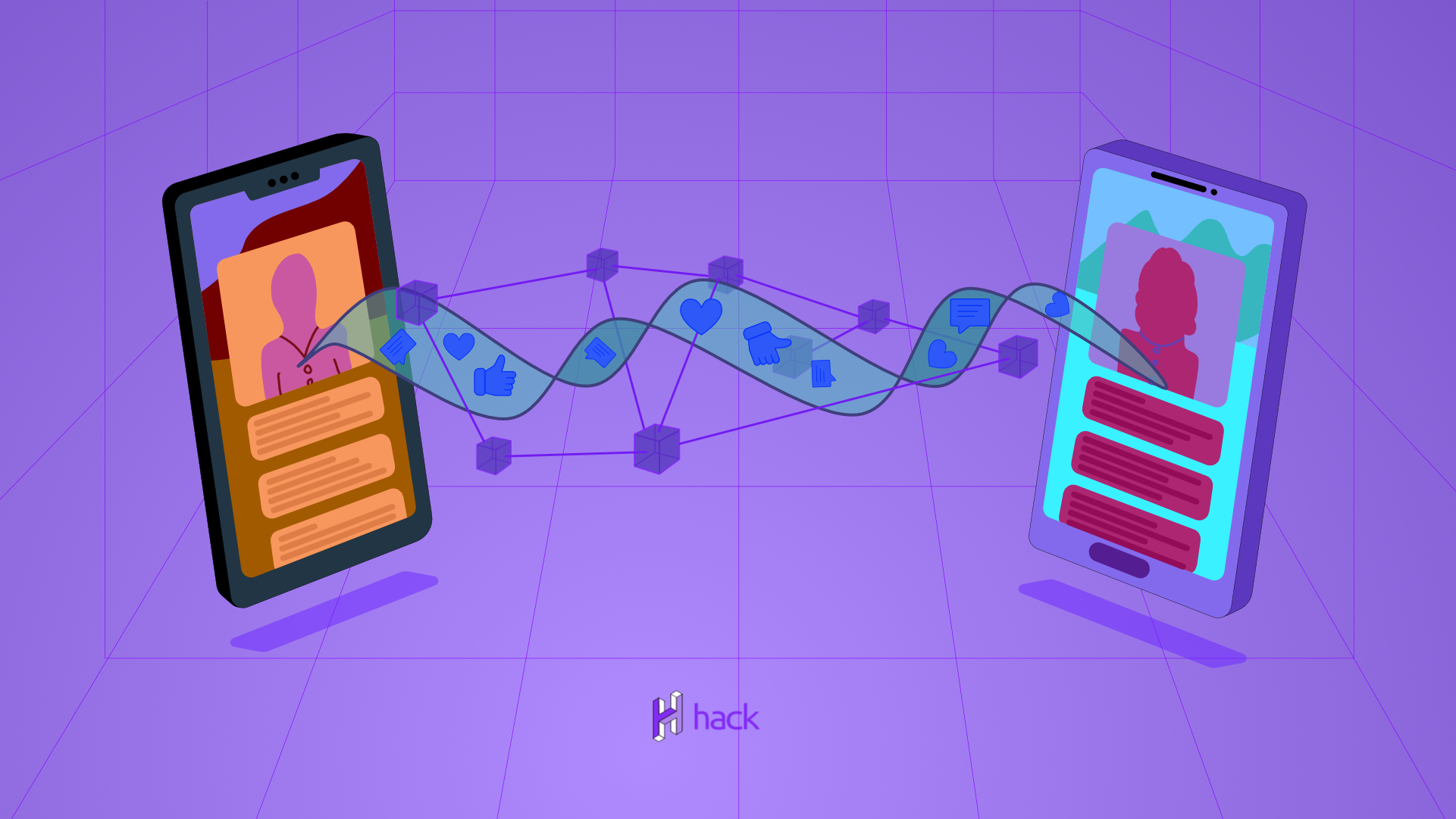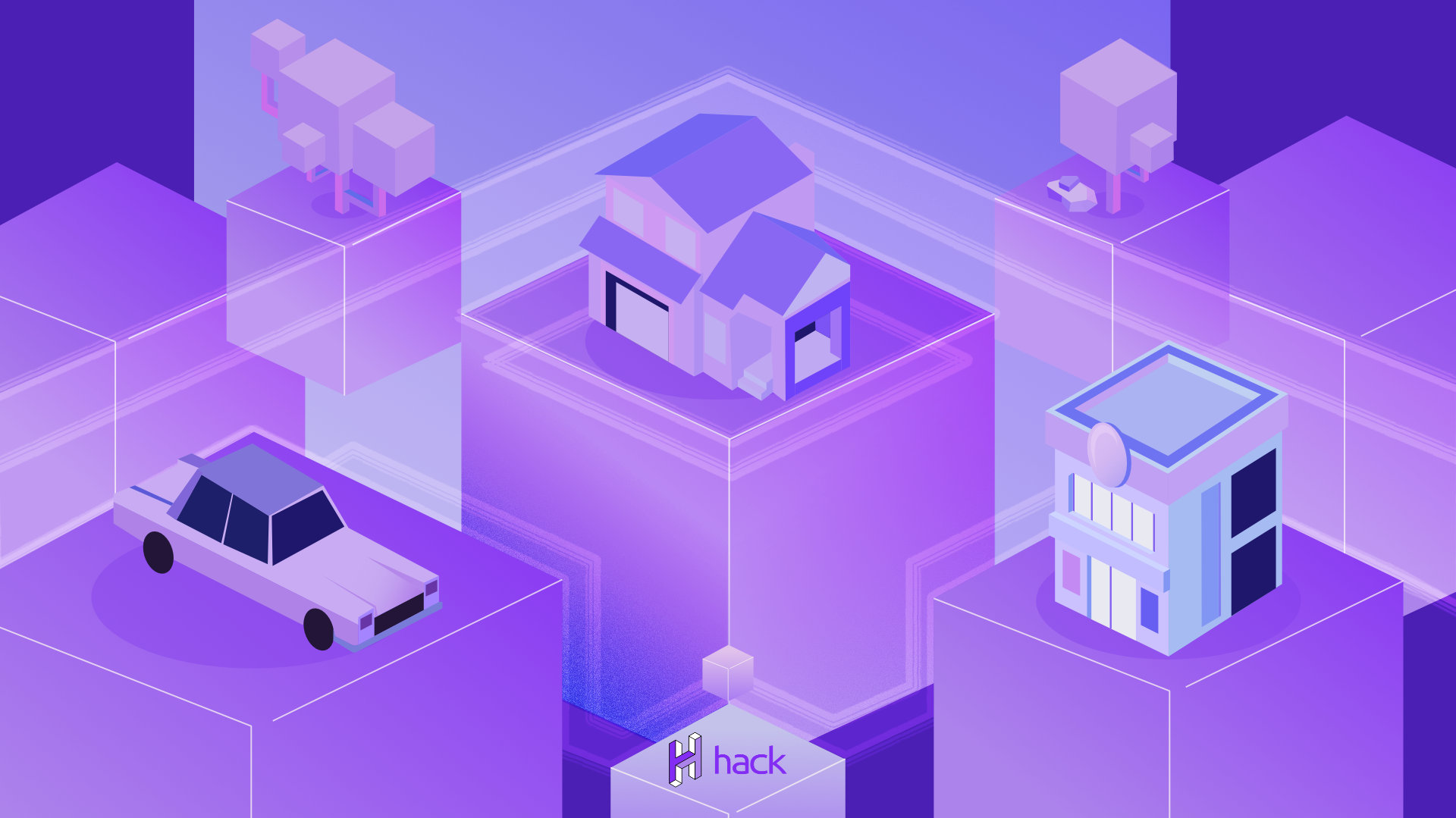Today, social media is even more centralized than the financial industry was prior to the creation of Bitcoin. A handful of private central companies effectively control public discourse, and earn monopoly profits off of content created by their users as well as selling personal data and marketing feeds.
Conventional central social platforms not only control users’ posts but also what they see since these networks tend to prioritize revenue generation. Therefore, they present their users with attention-grabbing advertising content, making them more entertained than well-informed.
These problems stem from the fact that the data created by users today is privately owned by central entities, rather than being publicly accessible as an open utility. Because only a handful of companies have access to the content and data, only these companies can curate competitive feeds and build competitive new features.
Such platforms have managed to create a global network effect around a private pool of content that they solely monopolize, allowing curation at a global scale. A solution would arise if we had a way to shift the network effect to a public pool of content that no individual central entity controls.
But can it be done?
We believe all of these problems can be solved by decentralizing social media (DeSo) in the same way Bitcoin and Ethereum are decentralizing the financial system.
Just like Bitcoin created a way to store transactions on a public ledger that no individual entity can monopolize, which has led to the disruption of the financial industry. Now, this technology can be extended to run a social network without needing to rely on a centralized gatekeeper.
What Is Decentralized Social Media?
Decentralized social media (also known as blockchain-based social media) refers to social media platforms powered by distributed ledger technologies (DLT) like blockchain and operating independently ( i.e., it does not have a central server that keeps track of all the user data).
For example, by using a centralized social network like Facebook, your actions will be logged somewhere on the Facebook server. On the other hand, activities on DeSo platforms are irrevocably recorded on a decentralized protocol where no central authority can control, oversee or have a desition making features. Users on decentralized social media platforms have the freedom to interact however they wish without censorship as the developers usually only provide guiding rules, leaving the rest to a distributed group of users.
Decentralized social media prevent the unauthorized sale of user data which is one of the contentious issues with centralized social networks. Moreover, blockchain technology increases user privacy and data security using cryptography methods.
And sorry, Elon, but they are not for sale.
Prominent features of a blockchain-based social network include:
- Confidentiality – Blockchain-based social networks enable the users to establish the rules for the data generated by them independently. Since this software is open-source, anyone can ensure its reliability and confidentiality.;
- Consensus over user rights – The users can manage themselves by reaching a consensus on common issues compared to the traditional centralized social networks where central entities are the decision-makers.;
- Lack of censorship from above – Popular Facebook, Instagram, Twitter, or YouTube accounts often suffer because of the site censorship rules in countries where there are problems with the freedom of speech, whereas, in decentralized social networks, the management of censorship is user governed.
Why Users Need Decentralized Social Media
Having your own personal information in your custody on distributed nodes is a key safety precaution that DeSo media offers.
Here is why:
If a user has one main Google account and links their social accounts, e.g., Twitter or Facebook, through that account, well, then the user is heavily relying on Google to never crash or they will be locked out of the social platform! In fact, if anyone goes through Google for all their professional needs, they open themselves up to the scenario of Goggle crashing taking all of their access to connected accounts with them.
Is this likely? No.
But is it possible? Absolutely!
Furthermore, personally targeted ads come straight from third parties that have paid some centralized social media company for its user data and tailored the ads to specifically invoke a call to action. These ads are delivered by email, texting platforms, and/or phone calls which later get deleted – but only after checking your phone, of course. DeSo will stop those targeted ads at least for the time being.
Do not forget that the moment a new user comes online at any CeSo (Centralized social media) applications and interacts with these apps, they begin creating a digital version of themselves that is owned by that central authority. The aforementioned digital versions are stored on in-house servers that generally are the ideal candidates for hackers.
DeSo not only brings back privacy, and freedom from censorship but also brings a distributed file system making it much harder for a hacker to take down the whole network. The networks generally rely on nodes that are run by people around the world. No node contains all the data, but instead, each node contains some parts of the puzzle. If a node goes down the entirety of the network will still be running.

The Risk And Challenges Ahead
Despite their promises, decentralized social media also have some shortcomings. For example, a lack of moderators may result in users posting inaccurate information or offensive content with no way to delete it. Furthermore, there’s the risk of a 51% attack in which a malicious actor could theoretically control over 50% of a network’s power, allowing them to edit data as they please, which would damage the integrity of the system. Although, that is a potential shortcoming of the centralized social media, in a way, as well…
Examples of decentralized social media networks include:
Subsocial – Built on Polkadot, Subsocial is an open platform for creating decentralized social networks and marketplaces. Its main features are censorship resistance and built-in monetization methods. The platform allows users to create their own decentralized sustainable social networks and enjoy full control over them.;
Steemit – A blockchain-based blogging and social media website. Steemit believes that the users of a social media platform should fairly receive the benefits and rewards for their attention and contribution. It incentivizes users with its cryptocurrency STEEM for publishing and curating content.;
DTube – YouTube on a blockchain, DTube, is a fully-decentralized open-source video platform where users can upload videos through popular decentralized techs such as Skynet, BTFS, etc., and publish them on social blockchains like Hive or Steem. It rewards users with cryptocurrency for their video creations.
Despite their massive potential, blockchain-based social networks have a long way to go before becoming mainstream and being on equal footing with their centralized counterparts and it depends heavily on the users to popularize their existence.
Final Thought:
The fundamental flaws of modern-day social media platforms are well known, and though with growing unrest, now more than ever something must allow for ease of the tension. Decentralized media platforms take privacy seriously. With military-grade upgrades and secure data storage, those platforms offer better security against hacks and data breaches than traditional social media platforms. Yet, still, after the mega boom of cryptocurrencies and the ever-growing popularity of blockchain technology, decentralized media are not mainstream.
It will be the users’ choice to rebuild the old or create the new.
The future is always uncertain.
It is ever-changing and wildly impractical to predict.
Only time will tell.



